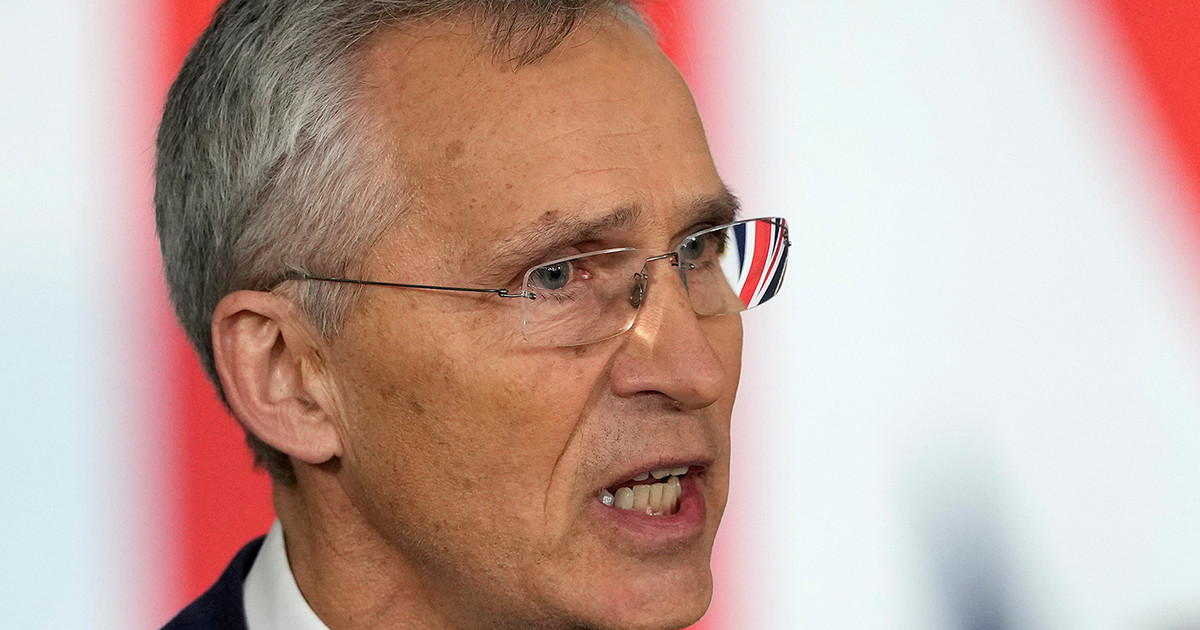Qatar has called up hundreds of civilians, including diplomats summoned from abroad, for mandatory military service that operates security posts at World Cup stadiums, according to a source and documents analyzed by Reuters.
The dispatch of recruits, some of whom would normally defer national service because their work is considered essential, highlights the logistical challenge facing the tiny Persian Gulf state that hosts one of the world’s biggest sporting tournaments.
Recruits are training to manage stadium security lines, search fans and detect smuggling of alcohol, drugs or weapons hidden in ponytails, jacket linings or even fake bellies, according to training materials read by Reuters.
Qatar has a population of 2.8 million people – of which only 380,000 are native to Qatar – and expects an unprecedented influx of 1.2 million visitors to the tournament. The country already has an agreement with Turkey, which is providing 3,000 riot police.
In early September, civilians were ordered to report before dawn at the national service camp north of the Qatari capital, dohaaccording to documents, less than three months before the start of the 29-day tournament.
Civilians were told they were called to help with the World Cup and that it was their “patriotic duty” to do so, the source said. “Most people are there because they need to be – they don’t want to be in trouble,” the source said.
Some volunteers are also training alongside the recruited force, according to the source, who has direct knowledge of the plan and training.
Asked for comment, a Qatari government official said in a statement that Qatar’s national service program would continue as normal during the World Cup.
“Recruits will provide additional support during the tournament as part of the regular program, as they do every year at major public events such as National Day celebrations,” the statement added.
Since 2014, Qatari men aged between 18 and 35 have trained with the military for at least four months as part of the mandatory national service introduced by the emir, Sheikh Tamim bin Hamad al-Thani. Evading duty can result in a year in prison and a fine of 50,000 Qatari riyals (R$73,698).
Security with “a smile”
The aim is less to boost the military and more to build discipline and “increase social cohesion and national unity,” according to Eleonora Ardemagni, a research associate on the Gulf and Yemen at the Italian Institute of International Political Studies.
Recruits report to the national service camp five days a week, where they participate in training sessions led by officials from the security division of Qatar’s World Cup organizers, the Supreme Committee for Delivery and Legacy, the source said.
They are taught to approach fans with “positive body language, focus and a smile,” the source said, to respect the Universal Declaration of Human Rights and avoid discriminating against fans in any way, the source said.
Training also includes hour-long marching exercises at the parade site.
In recent years, Qatari recruits have participated in National Day celebrations and preparations for National Sport Day. Diplomats abroad were able to postpone their service.
The current group of civilians is on four months of paid leave from their jobs at top Qatari institutions such as state-owned QatarEnergy and the Ministry of Foreign Affairs, the source said.
Qatar has brought in diplomats from various missions abroad, including the United States, China and Russia, the source said. Diplomats must return to their posts after the World Cup.
On the morning of September 22, about 30 national service participants stood at attention in one of the temporary security huts outside Khalifa International Stadium, one of eight fields where the matches will be played.
Two employees informed the men, who were dressed in sneakers and tracksuits and, for the most part, sported new haircuts. Outside, hundreds of national service attendees walked the perimeter of the stadium where workers were lining up at the box office.
The Lusail stadium, with a capacity for 80,000 people, built for the final, had its first audience close to capacity earlier this month. Fans leaving the stadium queued for hours for the subway and organizers ran out of water at halftime on a hot late-summer night in the Gulf.
World Cup organizers aim to relax Qatar’s strict laws that limit the public sale of alcohol and will allow beer to be served near stadiums a few hours before matches start.
(Edited by Dominic Evans and William Maclean, Reuters)
Source: CNN Brasil
I’m James Harper, a highly experienced and accomplished news writer for World Stock Market. I have been writing in the Politics section of the website for over five years, providing readers with up-to-date and insightful information about current events in politics. My work is widely read and respected by many industry professionals as well as laymen.






